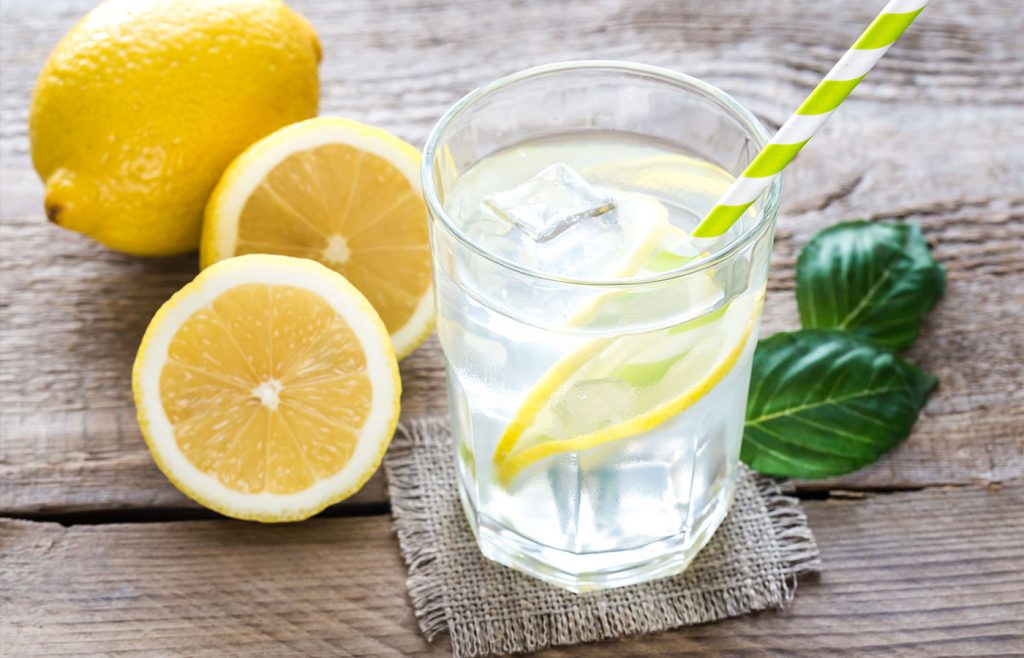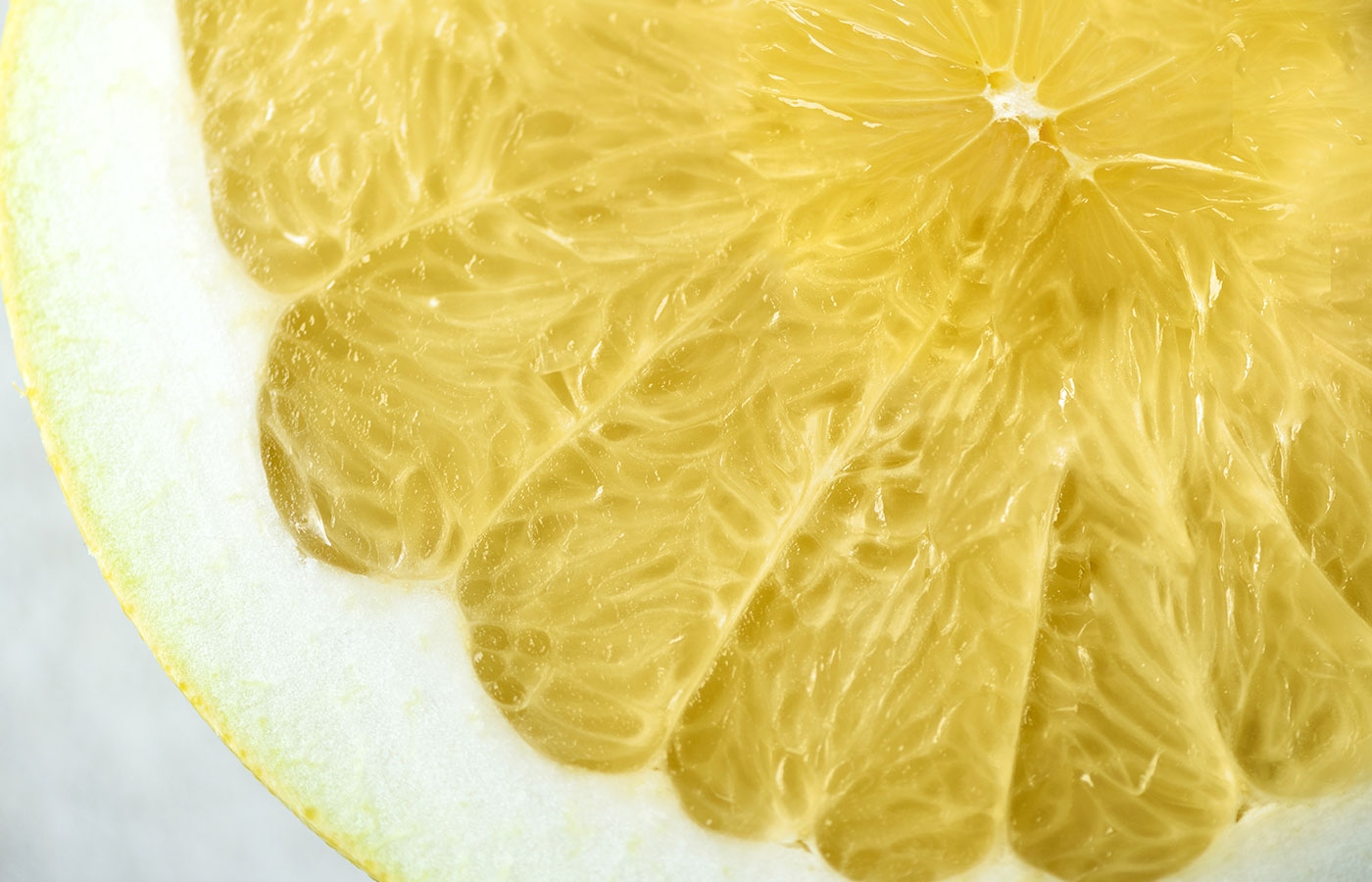You probably look in the mirror every day—but are you really seeing what’s going on?
Our outer reflection tells us a story about what is happening inside our body. This is because the quality of our skin, hair and nails, what I like to call our “beauty bits”, is related to the health and function of a number of body systems, including the digestive system, liver and the adrenal glands. Here are a few things dull skin could be trying to tell you about what’s happening on the inside.
A need for more nutrients
Nothing on this planet can replace a nourishing way of eating, one that focuses on providing our body with the nutrients it needs to thrive. If your skin is looking dull, tired or is ageing rapidly, try focusing on whole, real foods with an emphasis on colourful plants. Not only will this load your body full of antioxidants that the skin loves, it will also fuel the biochemical processes in your body that keep you alive and give you energy and vitality.
The vitamins that are particularly good for the skin are vitamins A, C and E. They all help improve the overall health of our skin, and they appear widely throughout real food. Vitamins C and E help to protect the skin against premature ageing by reducing the damage caused by free radicals, which are generated by many things, including pollutants from many sources – that might be in what we eat, drink, inhale and/or absorb. Vitamin C is also required for the production of collagen, a protein important for skin structure. Good food sources of vitamin C include citrus fruits, kiwifruit, capsicum and Brassica family vegetables, while vitamin E is found in nuts, seeds and eggs yolks.
When vitamin A intake is inadequate, you are likely to see some skin-related symptoms, such as a dry, flaky complexion and/or scalp, because vitamin A plays a key role in normal structure and turnover of our cells. Orange vegetables are rich in beta-carotene, which your body can convert to vitamin A, although consuming some vitamin A itself can a range of benefits, including some related to the skin. Zinc is a mineral your skin loves and needs. It is particularly important if you have acne or if you notice wounds are slow to heal or you scar easily. Eaten in food or taken as a supplement, zinc promotes clear skin by helping to regulate oil production, which may help to prevent acne. It is also important for healing the skin, including any existing acne lesions. Food sources of zinc include oysters (from clean, uncontaminated water), red meat (preferably grass-fed, organic), and there is a small amounts in eggs and seeds, particularly sunflower seeds and pumpkin seeds.
Essential Fatty Acids (EFAs)are also rock stars of the skin world. Fats from whole foods help to beautifully nourish your skin. If your skin is dry, and/or is often inflamed with white heads and black heads, you may be lacking EFAs, which are key for the skin’s natural oil barrier. Cracked heels are another sign of an EFA deficiency. EFAs of the omega 3 type are found in oily fish, flaxseeds and walnuts, while omega 6 EFAs are found in evening primrose oil, borage oil and whole blackcurrants.
Stress needs to be addressed
Stress can affect our appearance in a number of ways, whether through our facial expressions, a dull or tired look to the skin, breakouts, or an exacerbation of an inflammatory skin condition. Because stress hormones communicate to your body that your life is in danger, your body’s primary focus will be on the processes that are essential to your survival, rather than non-essential processes such as the ‘beauty bits’ –keeping your skin, hair and nails in top shape.

Dehydration
So much that is related to our health is truly dependent on the quality and quantity of the water we drink. Unintentional chronic dehydration can contribute to pain and inflammation in the body, and it can even be involved in the development of many degenerative diseases. Helping your body prevent such ills by ensuring great-quality water intake on a regular basis is a crucial step with any health and/or beauty focus. Water plays an enormous role in keeping the moisture content of our skin at a lovely high level. If you are not consuming around 2 litres of water per day, try increasing your intake of this essential hydrator and see if that makes a difference to the vibrancy of your skin.
Love your liver
Most people understand that smoking, tanning beds and excessive sun bathing all age the skin prematurely but have you also considered how your liver health impacts on your shine? When it comes to every aspect of our health, the liver packs a mighty punch. It is one of the big guns when it comes to your energy, vitality and hormonal balance, as well as to the clarity of your skin and eyes. In conjunction with the gallbladder, the liver works endlessly to help us excrete fatty substances that the body no longer needs, including old hormones, pesticides and other potentially problematic substances we are exposed to in our daily lives. For vibrant, radiant skin, we want a happy liver that is working efficiently. Any potentially harmful substance that we put on our skin (such as some of the synthetic substances in conventional skincare products), has to go via the liver to be detoxified before it can be excreted. There are also numerous substances we can consume that add to its load. I lovingly call these substances ‘liver loaders’ and they include alcohol, trans fats, refined sugars and synthetic substances such as those found in pesticides, herbicides and some ultra-processed foods. Depending on our lifestyle choices, our liver can have quite a busy job! Considering your current consumption of or exposure to those substances and reducing your intake of them is a wonderful step toward radiant skin.









